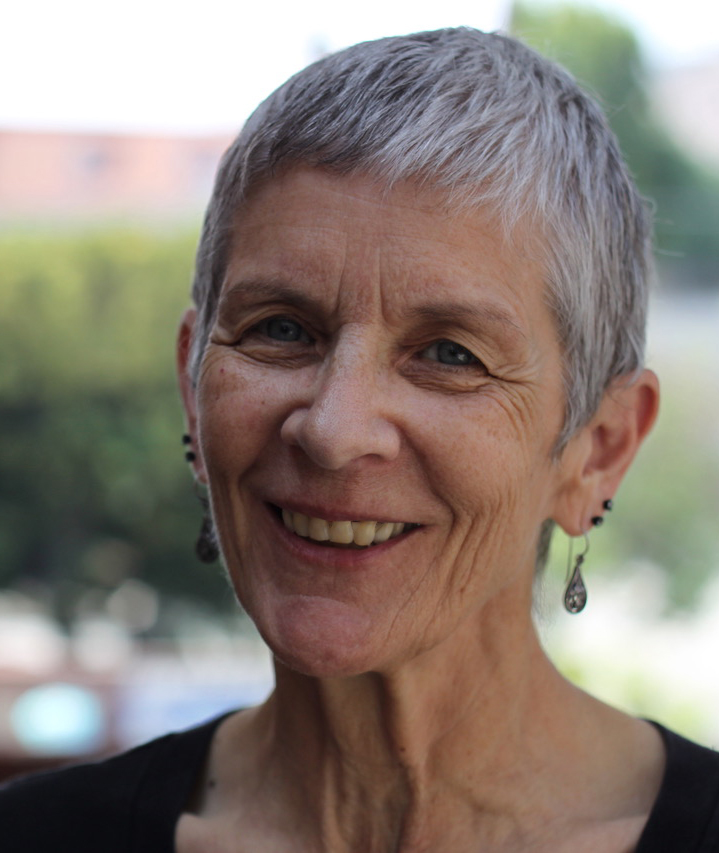
About Mary Stancavage

I started cultivating a spiritual practice over 35 years ago and picked up my first Buddhist book, Start Where You Are by Pema Chödrön soon after that. It resonated with me so completely – this was the life I was attempting to live. I practiced meditation sporadically over the next several years and had a regular yoga practice. In 2005 I began studying with Noah Levine and eventually completed the first cohort of his teacher training. I was empowered to teach Buddhadharma in 2009 and have been facilitating groups and teaching ever since. I have also studied with Arinna Weisman, Ruth King, Gil Fronsdal and James Baraz.
As part of my teaching life I taught meditation in recovery centers in Los Angeles. These practices can offer a way out for so many suffering from addiction and indeed, have helped me in my own recovery of over 38 years. I also completed the Chaplaincy Training Program through the Sati Center and served as a volunteer chaplain at Hollywood Presbyterian Hospital in Los Angeles. The Year to Live practice, based on the book by Stephen Levine, was transformational for me and I have facilitated several groups over the years and continue to bring this much needed practice and reflection on our mortality and humanity to my students.
When I was a child I had a dream that I was an old man sitting under a tree telling a group of children about all the lives I had lived. I don’t remember any of the details of that dream, but today I look back at my life and reflect on the many lives it seems I have lived. I was born and raised in New York City and survived a home life fraught with fear and instability. I moved to northern California at 18 and to Los Angeles a few years later to attend grad school at UCLA. I have lived in Israel, worked as an archaeologist in Syria and spent decades in a Fortune 100 company. None of these things define who I am but only point to the validity of the Buddha’s teaching on impermanence and conditioning. Through practice and effort I have been able to untangle habitual patterns developed over time and I see where fixed ideas cause suffering as I move along the path. We each have our own biographies and our own conditioned stories which we can learn to see and let go of.
Relevancy is important to me in teaching and I have tried to bring as much of the “real world” into class as is possible. Just as we must deal with our individual conditioning, societal conditioning from systemic racism, homophobia, misogyny and xenophobia holds equal weight in our path to liberation. Acknowledging the suffering caused by these and other forms of oppression and working to end injustice wherever it is found is a cornerstone of my practice. Seeing my own privilege and conditioning and working to disentangle this is of paramount importance. Wise speech does not mean simply to speak truth, but we are obligated to say what is necessary and to end injustice where it is found. I trust the teachings of angel Kyodo williams, Rhonda Magee, Bhikkhu Bodhi, Larry Ward and Thich Nhat Hanh among many, many others, as they speak about the interconnectedness of all beings and the necessity of a fiercely compassionate response to greed, hatred and ignorance. In this realm I am honored to serve on the Board of Clergy and Laity United for Economic Justice which works towards building a just and sacred society. I’m also delighted to be a part of the Meditation Coalition which is committed to ethical behavior, social justice, and compassionate action. I am humbled to have served as Executive Director of the Mind Body Awareness Project in Oakland which brings mindfulness and emotional awareness training to underserved and incarcerated youth. I am part of the Guiding Teachers’ Council at Insight Community of the Desert in Palm Springs and teach there regularly.
